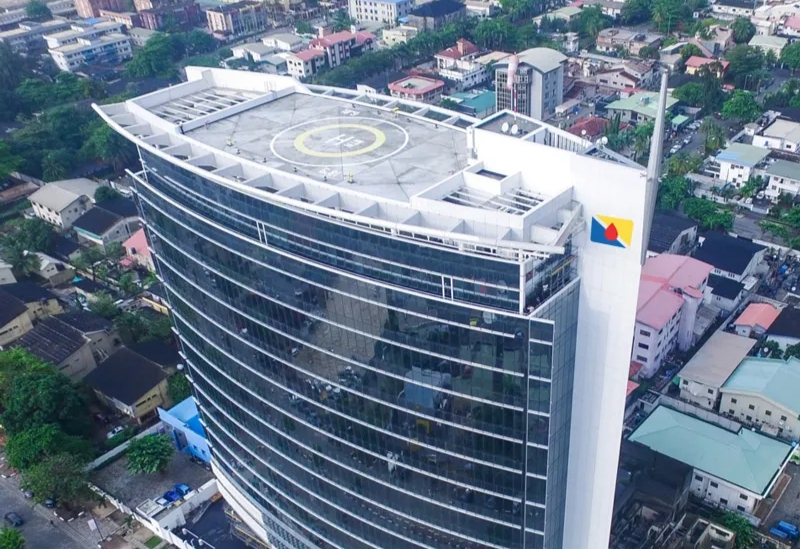How Police Contained Security Flashpoints in Anambra to Ensure Peaceful Elections
How Police Contained Security Flashpoints in Anambra to Ensure Peaceful Elections
Chiemelie Ezeobi
The peaceful conduct of the Anambra governorship election, especially in areas hitherto known as flashpoints, has been credited to a coordinated security strategy led by the Inspector-General of Police, IGP Kayode Egbetokun, with hands-on supervision from the Deputy Inspector-General of Police in charge of Anambra elections, DIG Benjamin Okolo.
THISDAY checks in Awka and neighbouring towns revealed that the restriction of movement contributed largely to the safe space that allowed voters cast their votes.
Also, across all 21 local government areas and collation centres, police personnel and other agencies were heavily deployed with some polling units having as much as 10 security personnel.
Checkpoints were also littered with squad trucks and heavy-duty vehicles including the Armoured Personnel Carriers and the Mine Resistant Ambush Protected Vehicle (MRAPV), while the equestrian and canine units of the police force was also activated.
Stakeholders from different parties who spoke to THISDAY at the different polling units also gave credence to the groundwork by the state Commissioner of Police, CP Ikioye Orutugu through his visible and community-policing strategy, even before the election started.
In line with the IGP’s directive, DIG Okolo, who is in charge of Force Intelligence Department, was deployed to monitor election security in Anambra, where he ensured strict adherence to operational protocols and rapid response to any emerging incidents.
So far, he described the Anambra election as “largely peaceful and orderly,” commending the professionalism of officers and the effectiveness of the security arrangements in neutralising potential flashpoints.
Major security flashpoints contained during the election included Onitsha city, covering both Onitsha North and Onitsha South LGAs, Ogbaru LGA, including Ogbunike, Oba, and Ogbaru town.
Others include Ekwulobia in Nnewi North and South LGAs; Agulu in Anaocha LGA; Uga, Ezinifite and Ekwulobia in Aguata LGA; and towns such as Mmiata and Umuoba Anam in Anambra West, Ogidi and Nkpor in Idemili North, and Obosi and Alor in Idemili South LGAs.
In this regard, DIG Okolo further reiterated that the security arrangements put in place under the directive of IGP Kayode Egbetokun were effective in containing flashpoints and ensuring that voters could exercise their franchise without intimidation or disruption.
He noted that the deployment of officers to strategic locations, coupled with close monitoring of sensitive areas, helped maintain order throughout the polling process.
DIG Okolo commended the professionalism of the police and other security agencies on the ground, emphasising that the collaborative approach with state and community security actors contributed significantly to the calm environment observed during the election.
In an earlier interview, the DIG, speaking on flashpoints and arrangement made by the police to contain any unrest in such areas said: “Adequate security arrangement has been made in accordance with the IGP’s directive to contain any issue that may arise during the exercise. Deployments have been made to respond swiftly to such incidents.”
The DIG further said the Nigeria Police Force, working in collaboration with other security agencies, conducted series of pre-election engagements, including stakeholder meetings and the signing of a peace accordby political parties and candidates.
These efforts, he said, were aimed at promoting peaceful participation and deterring violence before, during, and after the polls.
“We assure the people of Anambra that, through our interactions with stakeholders, the peace accord, and the readiness of our men on ground, every intention has been made to ensure that the election is peaceful, fair, and credible,” he added.
Chiemelie Ezeobi The peaceful conduct of the Anambra governorship election, especially in areas hitherto known as flashpoints, has been credited to a coordinated security strategy led by the Inspector-General of
Read more



